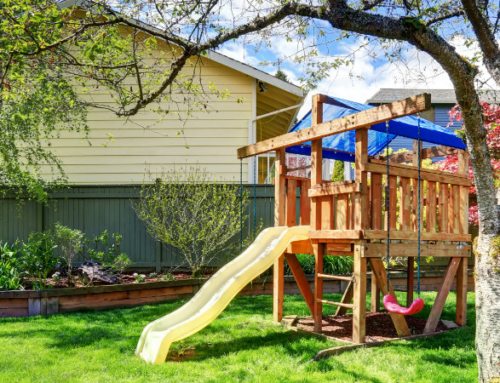Recently, my husband and I went to Boston to visit his relatives. Particularly, he wanted to see his relative, who is in the process of moving out of the house she has lived in for nearly 40 years.
This is the home his relative moved to when first married. It’s where she raised her four children, where she lived after her divorce. She rented rooms over the years to support herself, handled a growing bed and breakfast business, and hand-fired clay pots and figurines for senior citizens living in nursing homes where she worked.
But the work of keeping up this seven-bedroom, 100-year old house finally got to be too much. And so, after 40 years, she listed the home with a friend who is a local real estate agent. Within a couple of months, she received an excellent offer, and agreed to sell her home.
Packing up the memories has proved nearly as tough as making the decision to sell. After 40 years, the house is filled with objects, furniture, and clothing; boxing each piece brings back thoughts of family members and friends lost, children grown, and a life – though full and rich – which is more than half over.
Moving can be traumatic. What many senior sellers don’t count on is how difficult is might be to let go of the home where they’ve spent a significant portion of their lives. Worse, most seniors trade down, often moving from a large family-sized home to a smaller house or condominium, where there may not be a lot of room to store a life’s treasures.
Here are some strategies to help make packing up those memories a little easier:
Assess the Space You’ll Have In Your New Home. Most seniors trade down, that is, they sell their larger home for something smaller and more manageable. It’s not unusual for seniors or even “empty nesters” to move from a 4 or 5-bedroom home to a 2-bedroom condominium or townhouse, where storage space may be at a premium. If you know where you’re going after the sale, spend some time analyzing what kind of space you’ll have and what you’ll be able to reasonably take with you. Remember, you won’t stop buying and collecting things just because you’ve moved, so plan to leave yourself some room to grow.
Catalog Your Memories. Plan to spend a couple of days, or perhaps a week, simply going through everything you have. You’ll want to write down what you have and where things are located. If you can, begin to sort through what you want to keep and what might not fit in your new home. If you know you want something, consider packing it up right away, clearly marking the box with a contents list and a note where the box should be put in your new home. That way, you’ll hopefully cut down on lifting boxes from one room to another after the movers leave.
Pack Away, Give Away, Throw Away. If you haven’t used it, seen it, touched it, or thought about it in 3 to 5 years, give it away or throw it away. That includes clothes, records, objects d’art, your grown children’s 8th grade paintings, and anything else stored in the far back corner of your closets. Once you’ve decided what you’re going to take with you, invite your family and friends to select what they want. Then, call your local charity and arrange for them to pick up clothing, working appliances, furniture, sheets and towels, and whatever else you have that isn’t wanted and won’t be used. In addition to helping out the needy, you may be able to take a tax deduction for your contribution. (Check with your tax advisor for more details.)
Include Your Family and Friends. Not only should you invite your family and friends over to select the items they want, but you should enlist their help in packing you up as well. This is a fine time to share rare memories
Take Frequent Breaks. Everybody gets exhausted from packing. It’s strenuous work, even if you hire professional packers to do most of it. There will always be items you’ll want to pack yourself or even hand-carry over to your new home. In addition, there’s the pressure of getting everything packed up before you close as well as the pressure of saying goodbye to a place you’ve lived for a long time. Taking frequent breaks can help keep you from over-exerting yourself. If you use the breaks to do something unrelated to packing, they can also help relieve the emotional stress of the move.
Finally, if you’re planning to sell your home in the near future, you may want to consider having your children, grandchildren and family over to select the items they want before you even list your home. If you’re ready, let them take as much as possible, including extra pieces of furniture that you won’t need in your new home.
If you empty your home before you list, you’ll not only be showing your home to its best potential, but you’ll save yourself from being overloaded during the relatively short period between the date the contract is signed and the day of closing.
Published: Jul 29, 1996






Leave A Comment